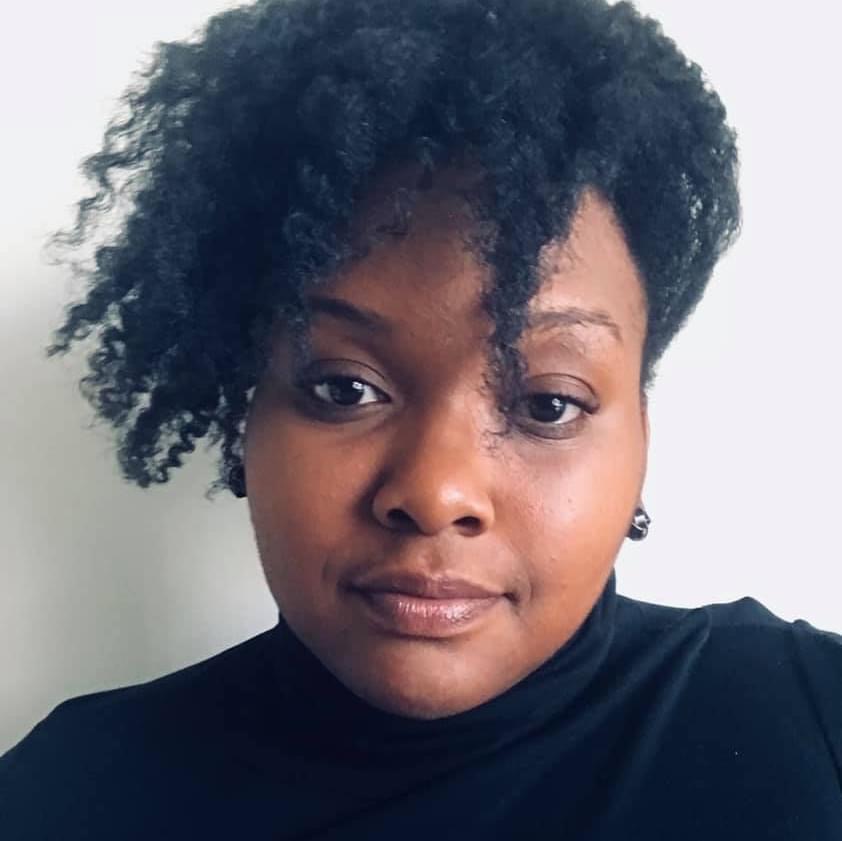Thông cáo báo chí
Legislators Consider bill to modernize Gubernatorial Small Donor Public Financing System
Annapolis – The Senate Committee in charge of Elections hosted a hearing today on Chairman Paul Pinksy’s (Prince George’s County) legislation to update the state’s public financing program for Governor and expand the program to include Attorney General and Comptroller races, as well as legislation to create a similar program for General Assembly races. The bills have also been introduced in the House by Delegates Feldmark and Mosby, respectively.
“Since 2014, we’ve seen a groundswell of public support for small donor public financing for local and statewide offices,” said Senator Paul Pinsky. “In the wake of the ever increasing role large donations play in our electoral process, it’s time to provide an alternative so candidates can run for office without having to chase fat checks from wealthy and special interests.”
Hệ thống tài trợ công hiện tại của Maryland cho cuộc đua thống đốc được triển khai vào những năm 1970. Trong khi chỉ có các khoản đóng góp lên đến $250 từ các cá nhân được tính vào tiền hạt giống và được đối ứng, các cá nhân và những người không phải là cá nhân có thể đóng góp lên đến $6.000, lớn hơn nhiều so với khả năng chi trả của hầu hết người Maryland. Theo hệ thống hiện tại, các ứng cử viên tham gia cũng có thể nhận tiền từ các doanh nghiệp hoặc tập đoàn.
MỘT report released this week by the Maryland PIRG Foundation found big money has played an outsized role in gubernatorial elections. The report finds that over the last three races for governor, the vast majority (84%) of the money raised came from contributions over $250, despite the fact that those contributions represented less than a fifth (19%) of total donations to candidates.
“Marylanders across the political spectrum agree that big money plays too big a role in our elections,” said Maryland PIRG Director Emily Scarr. “Our current campaign finance system rewards candidates who can raise as much money as possible, as quickly as possible, from whomever possible. That’s not how our democracy should work.”
In 2014, after authorization from the state, Montgomery County became the first community in the state to establish a small donor public financing system for local elections. Since, Howard County, Washington D.C., Prince George’s County, Baltimore City, Baltimore County, and Anne Arundel County have established similar programs or are considering doing so. In Howard County and Baltimore City, voters approved of the fund through amendments to the County and City charters. Montgomery County ran their first election using the system in 2018, which showed promising results. Washington D.C. is in the midst of their first election using the program. Maryland Congressman John Sarbanes has authored similar legislation for congressional races, The Government By the People Act.
“By multiplying donations of $150 or less, the Fair Elections program will put small donors at the center of elections, ensuring that we all have equal opportunity to influence their outcome,” explained Rev. Kobi Little, Maryland NAACP Political Action Chair.
In order to participate in the small donor programs, candidates have to file a notice of intent to make use of the fund, establish a new campaign account, and meet a few conditions:
-
They must accept only donations from individuals, less than $250
-
Họ phải từ chối các khoản quyên góp từ các nhà tài trợ lớn, PAC, tập đoàn, các ứng cử viên khác và các đảng phái chính trị.
-
They must meet minimum thresholds for number of Maryland donors and amount of money raised in order to demonstrate that their pursuit of public office is viable.
Once they qualify, they are eligible to receive limited matching funds so they can remain competitive with traditionally funded candidates. The matching funds are tiered to incentive the smallest donations.
Proponents of the program say it will bring balance to our democracy, serving as a counterweight to traditional campaign financing which depends on large, out of state, and corporate donors. They say the program will increase small donor participation, make elections more inclusive and accessible, and help ensure city government is more responsive to all Baltimoreans.
“Democracy works best when we all participate, and these programs have a proven track record of increasing small donor participation, shifting candidate behavior, and enabling people to run for office based on support from their constituents instead of access to money,” said Common Cause Maryland Director Joanne Antoine. “It’s time to bring the Fair Elections program to statewide offices.”
Numerous groups and individuals have supported the programs and the local and state level, including good government and civic groups, faith and civil rights organizations, environmentalists, small businesses, labor groups, political clubs, and community activists.
Montgomery County used their small donor public financing program for the first time in 2018. A report from the Maryland PIRG Foundation found that the program worked as intended, and encouraged more small donors.
-
Candidates who qualified for the program received more than 96% more individual contributions than candidates who did not participate in the program. (850 vs 434)
-
Candidates qualifying for the program received an average contribution of $86 compared to $1,145 for non-participating candidates.
